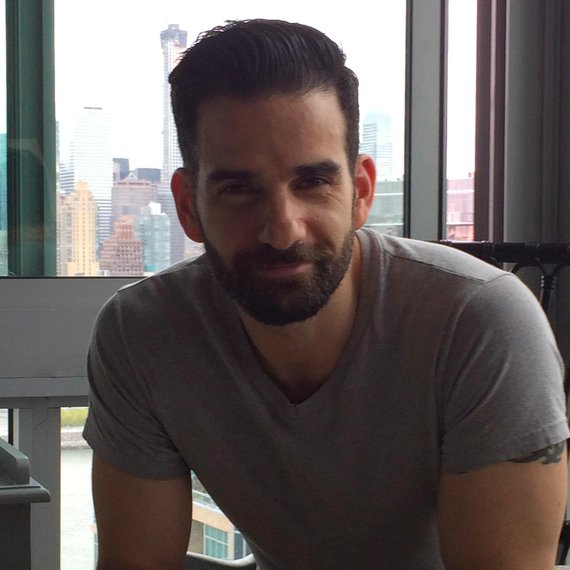Josh Jonas is a native of Huntington in Long Island, New York. He currently is assistant director at The Village Institute for Psychotherapy in Manhattan, NY, where he also practices as a psychotherapist. In our interview excerpt below, he addresses some fundamental paradigms within psychotherapy and concerns for those considering seeking a practitioner.
How do couples or group therapy work differently from one-on-one sessions?
Whatever shame there is about therapy, there is exponentially more of it with couples therapy. In general, people are afraid to go to couples therapy because to them, that means there's something really wrong with the relationship. Which is too bad, because often time couples don't get in here until the relationship is really on life support.
It's like admitting defeat.
We take the car into the shop for a tune-up. The relationship is the same way. Every once in a while, things get off-kilter, so let's look under the hood and see how things are operating. A relationship is a thing unto itself. It's like driving stick when you've been driving automatic your entire life. You have to learn and there is no shame in that. Unfortunately, this is especially tough for men. More often than not, women don't have a problem with this, but guys struggle with not knowing how to do something.
It's the weakness/failure thing that's crippling to us.
Absolutely. Part of the reason couples therapy can be so painful for men is that often times, the most painful thing in the world for a woman is different from the most painful thing in the world for a man. So in a relationship, the most painful thing for a woman is often feeling disconnected from her partner and completely alone. The most painful thing for a man is feeling like he's failing his partner.
This is why in couples therapy, women often say, "Yes!" And the guy says, "No way." As soon as they begin, let's say the guy says, "I'm really scared to be here." The woman gets what's going on and begins to understand what's happening in her partner. Therefore, she begins to feel closer and less alone. For the guy, it's not so quick. The guy just feels like a failure and none of these revelations will help him feel less like a failure.
So this is a hump that men often have to travel through.
Yes. The things we think are powerful or failures, and the things that are actually powerful or failures, can be very different. We might think we're looking powerful when we're just looking like children, and when we think we're failures, we're actually showing great strength. So that's the thing guys really have to learn.
How might group therapy function?
I love group therapy. It's really one of those things where you have to be there. If you walk into a room and there are 10 people in there, you can feel the difference in energy. Everything is amplified.
Is it the patient or the practitioner that usually suggests group?
It's both, although at the Institute, it's usually recommended by the therapist because group is a lesser known animal. There's a saying in baseball -- there's no substitute for live pitching. To me, group is live pitching. There are things we talk about in individual therapy that we viscerally experience in group. Then what's cool is if you are in group with your individual therapist, they can inform one another.
How might therapy be handled differently when it's with a minor?
It depends on how young we are talking. If you're a minor, your parents are probably paying and they might be more involved. Then you have to think about where the person is developmentally and what they might need at that time. Sometimes what can be difficult with a minor is that a kid who is 15 or 16 is not going to want therapy. And I get it. I was the weird guy who went to therapy at that age and loved it, but I'm the outlier. If they don't want to go, then you really just want to be a person, and not a therapist. They have great B.S. detectors.
In the end, if we go to therapy, how do we know if we are doing it the right?
In terms of meeting someone new, hopefully it's like a blind date that goes well. You have all of these worries about what could go wrong, but if it's a good date, hopefully they fly out the window the moment you sit down across from that person. The way those worries fly out the window is really the responsibility of the therapist. It's their job to make you feel at ease and let you know your vulnerabilities are welcomed.
It's the way I think about jazz. I don't know much about it but I know what I like. As the patient, you don't have to know anything and you can't really do it wrong. When taking a lie detector test, part of it is dependent on the skill of the person reading the polygraph. The only thing I can say about a first session is to be as courageous as you feel comfortable being. The only prerequisite I have is to show up. Even if you don't feel like being here, that's fine. Come in and tell me that.
To read the full interview with Josh, please visit Self-Care With Writers.
